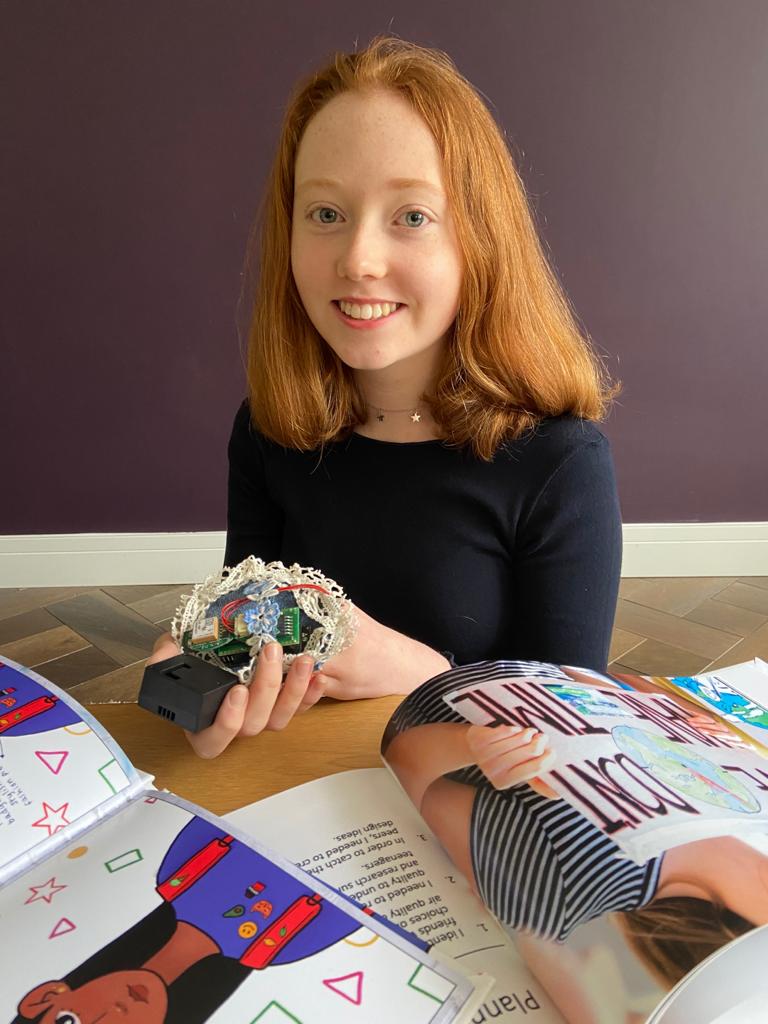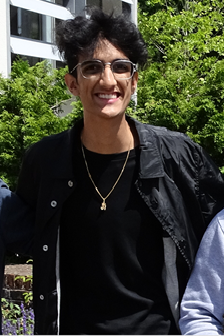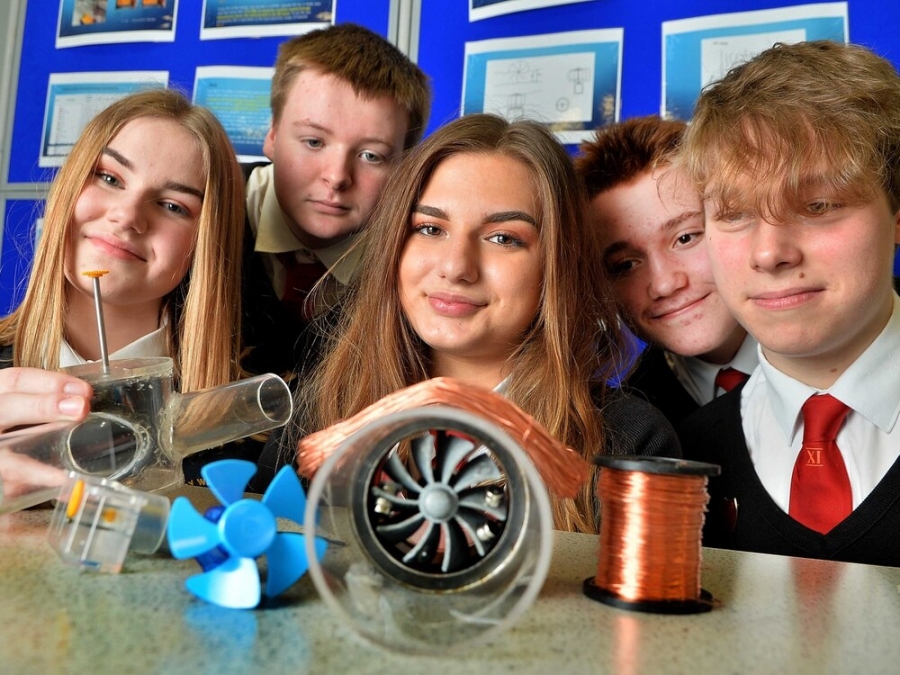Being able to understand the purpose of what they are being taught and how it applies to real life scenarios, will also help them recognise the importance of STEM careers and the role it plays in solving societal issues. Combining this creativity and real-world exposure with a competitive element will encourage students to think about how they can positively impact our society, offering them a platform to use practical applications of the knowledge they have learned at school. A prime example of this is the recent Youth Industrial Strategy Competition, a national science, technology, engineering and maths (STEM) initiative, which asked students to address one of the Government’s four Grand Challenges of the Industrial Strategy: AI and Data, Ageing Society, Clean Growth and the Future of Mobility.
It is important to make competitions like this as accessible as possible for all students, inspiring them to think big, and come up with innovative and tangible solutions. Offering facilitated regional Discovery Days as introductions to the Grand Challenges for schools in challenging circumstances, as well as bursaries to schools and groups who met this criteria, allowed as many children as possible to take part and encourage a love for STEM learning.
As part of the competition, students were able to develop their creativity, critical thinking and communication skills, as well as enhance teamwork and foster greater collaboration with their peers. For example, winners of the Intermediate category, year 11 students from Mary Webb School and Science College, designed a hydro-electric generator to reduce energy wastage, carbon dioxide emissions and society’s reliance on mass electricity generation. In doing so, not only have these students developed a project that effectively addresses the Government’s Grand Challenge of Clean Growth, but they have also demonstrated their creativity, innovation and importantly, a practical application of their knowledge.
Competitions can also ignite a passion for a particular subject or topic, and by working collaboratively with teachers, classmates and family, students have the potential to succeed in exploring concepts on a deeper level, and working together to come up with creative and innovative solutions that are relevant to our everyday lives. Ava Garside, a year 9 student from Allerton Grange High School, who won the Junior category of the competition is a great example of this. Creating an air quality sensor which can detect the healthiest route to work or school, Ava has demonstrated how this opportunity has enhanced her confidence and dedication to learning, commenting that she really enjoyed having a creative and practical outlet for her passion for STEM and that she is already thinking of new and exciting ways that she can use these skills to help address other current, real-world challenges. Determined to make a tangible difference, Ava is now working with a team of Nano-Scientists to further improve her project and help her community make better-informed choices about their health.

Encouraging students to play an active role in improving society, this way of learning can help to tap into the imagination of students and help them understand the world around them by exploring how they can address the challenges our society currently faces. In doing just this, Rushil Patel, a year 13 student from St Wilfrid's Catholic Comprehensive School, expertly addressed the Grand Challenge of AI and Data by creating an AI communications device (in the form of a pair of glasses and a digital device) that helps those with autism by conveying limitless information around them, and responding to perceived emotions. His winning project has given him the platform to showcase his solution to a much wider audience, helping to boost his confidence and passion for learning through STEM.

All students have the creativity and determination to identify and develop solutions that will positively affect those around them. By providing students with the opportunity to build on STEM skills through engaging mediums such as competitions, we as educators, will undoubtedly see a welcome increase in their creativity and confidence as a way to make a difference in society.


















